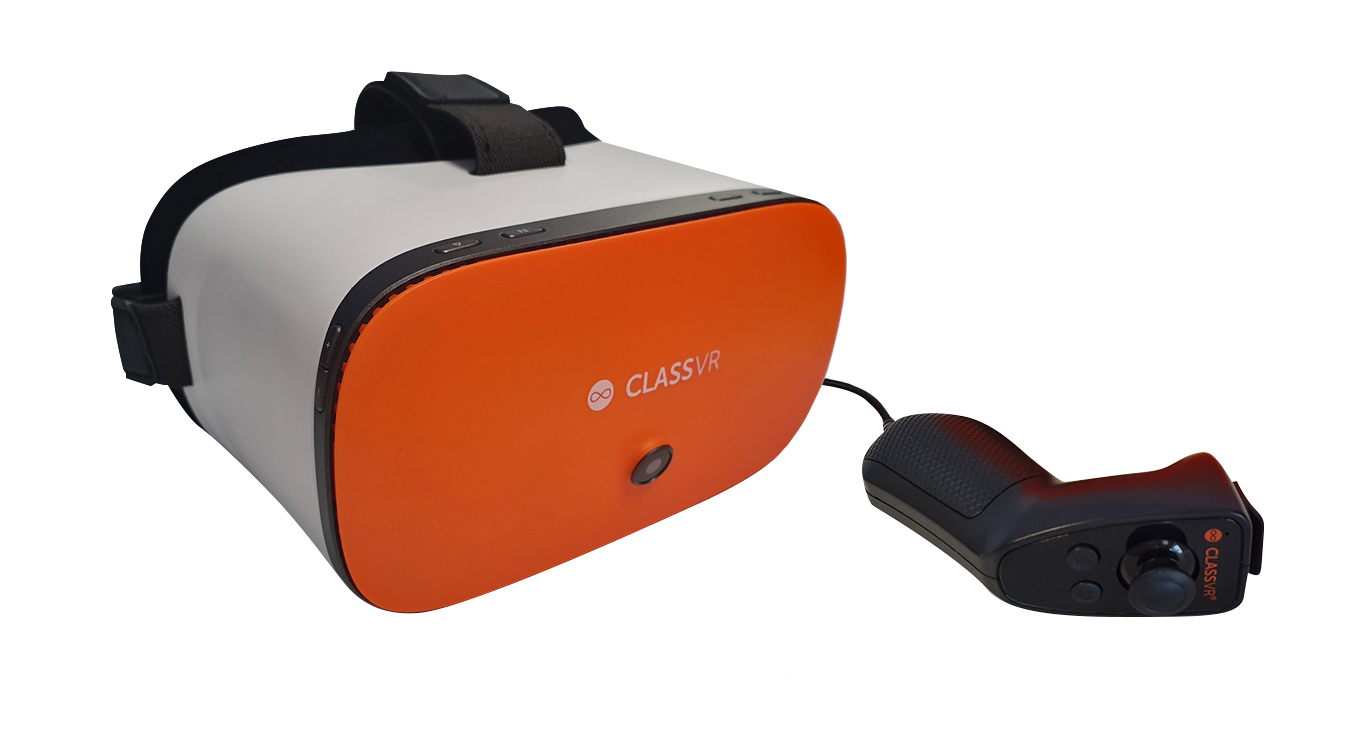There was a cult film in the early 1990s by the name of Lawnmower Man. If you’re unfamiliar, a mentally challenged landscaper is recruited to enter a virtual reality system that will improve his intelligence and enhance his capabilities. He ends developing Psychokinesis and Telepathy and even eventually leaving his corporeal body behind like a husk becoming a fully digital being. It all seems like the normal ambition of imaginative sci-fi until he goes on a murderous rampage and evades evisceration, even dramatically at the end when the mainframe is destroyed. While on some level, the makers may have intended it as a contemporary warning, today it echoes as a spoof of prescient idiocy, a reach that produced startling accuracy about the future of reality but mocked it as a sensationalistic and dangerous. Such is the fear of novel technology.
The Virtual Reality of today’s educational system is quite real and quite handy, and does not seem to offer the threat of psychic apocalypse. The virtual device that goes over the eyes essentially provides a three dimensional space for interaction and a hand held device to interact with that interface.
There’s a company named ClassVR that offers a Virtual Reality educational system complete with the interface and software that can be customized to a student’s educational software.
Imagine the possibilities of a virtual Chem lab, where in three-dimensional space, a student can conduct a chemical experiment; the genius algorithms needed to even make that a reality would be a novel educational experience in and of themselves, pushing us past the bounds of the reality we know. Imagine a virtual 3D English classroom with collaborative social interaction between not only students and teacher, but between the students. Imagine a history class where you can visit a battlefield and shake Abraham Lincoln’s hand! The possibilities are only limited to the extent of the imagination.
In an increasingly virtual world, education will continue to move in the direction making the virtual more real– to provide a more truthful experience of the world in the comfort of home. While social experience is still an important part of learning, this type of interaction can come from other mediums like playing fields or live dorms. But expanding the possibilities of the classroom seems a prime opportunity of the moment.






